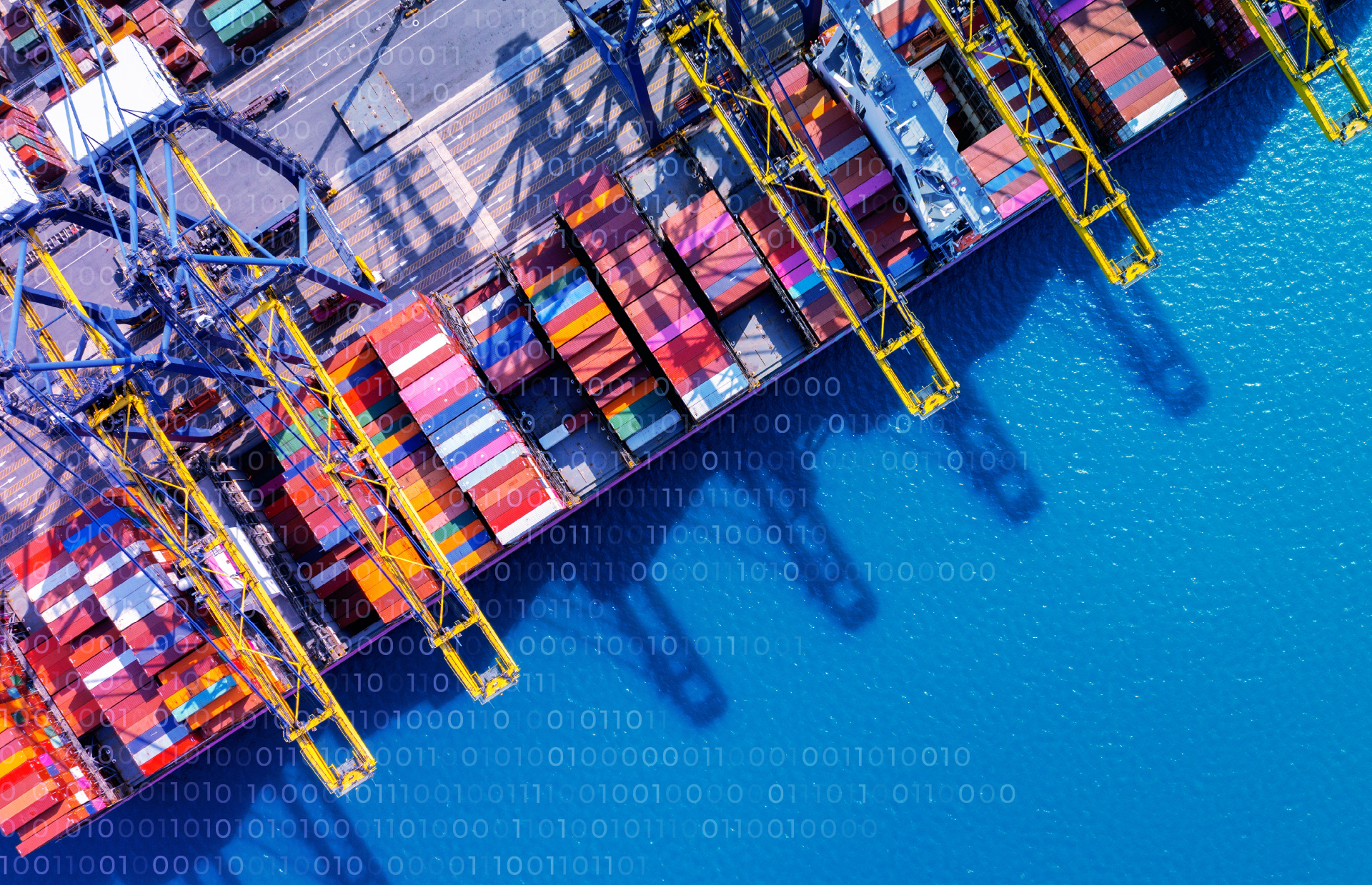
The shipping companies look likely to change the rules as the new annual freight contract negotiating season gets under way in the container shipping sector.
The contract negotiating season generally gets under way in early autumn in the container shipping sector and comes to a final end in June the following year. Normally, the shipping companies offer a discount to the "early birds", which is to say the shippers who are first to start renegotiating their annual freight contracts. In exchange for accepting reduced unit returns, shippers get visibility over their transport costs for the year to come.
This practice was still very much the rule at the end of 2020 during the previous contract negotiation season. Among shippers who renegotiated their contracts early, some accepted a 20% increase in rates by comparison with 2019. The market showed subsequently that they made the right choice. Those who preferred to wait and drag out the negotiations into the first half of 2021 saw the original 20% increase turn into one of 50% and then, at the end of the season, one of more than 80%!
Conditions for the 2021-2022 negotiating round
This year, however, the "early birds" are unlikely to be rewarded as they were last year for several reasons:
- The balance of power in favour of the shipping companies looks like being a long-term phenomenon.
- The big "direct" shippers are unlikely to be able to use forwarders as a fall-back solution.
- The shipping companies are going to press for longer contracts incorporating a wider range of services.
- Alternative transport modes have reached their capacity limits.
- Container shortages are becoming a structural problem which is fuelling market tension.
Conditions are clearly not favourable, therefore, to shippers. There have been developments which could lead to a limited reduction in market tension and these should not be forgotten:
- China, Vietnam and South East Asian countries generally are currently experiencing production problems which could turn out to be long term.
- Transport and logistic costs are increasingly starting to overtake the value of goods being transported or have at least reached a level which makes it difficult for shippers to make a profit on them.
- Bigger new ships are set to be introduced by the three leading shipping alliances to replace smaller existing vessels.
- Inflation in Western countries and the relocation of production from one continent to another could reduce overheated demand for Asian products.
To find out more, read our detailed analysis. Summary:
- Position of the freight forwarders
- Alternatives to maritime transport
- Assessment of the tension on the market
- Position of the regulatory bodies

Jérôme de Ricqlès
Shipping expert
Our latest articles
-
Subscriber 3 min 13/02/2026Lire l'article -
2025 review of air cargo and outlook for 2026
Lire l'article -
Outlook 2026: Stable growth and rising risks
Lire l'article


